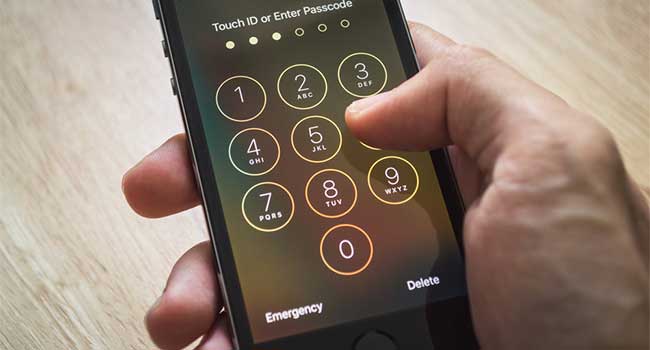
FBI Exhausts All Efforts before Going Back to Court
- By Sydny Shepard
- Mar 24, 2016
The FBI decided it was best to exhaust all efforts to extract data from an iPhone 5C used by San Bernardino shooter, Syed Farook, before taking Apple to court again. As part of that effort, they began working with an Israeli security firm.
Cellebrite, a privately help Israeli company that specializes in transferring or extracting data from phones, is helping the FBI unlock the phone, according to a report in a Israeli newspaper.
Headquartered in Tel Aviv, the security firm makes a range of mobile data products used by the military, law enforcement and corporate security under the name of UFED. These products enable the “bit-by-bit extraction and in-depth decoding and analysis of data from thousands of mobile devices,” according to their website. This comes in handy in the case of the San Bernardino device, as the iPhone’s iOS completely wipes out all data after entering in a wrong passcode 10 times.
Apple and the FBI were due to faceoff in court on March 22 in order to resolve the feud over the iPhone. Apple refused to comply with the FBI’s court order demanding that it create a special version of its iOS software that would undermine the security of the phone. In the end, the court date was postponed as the FBI began its communications with Cellebrite.
However, it was too soon for Apple to declare victory. FBI director James Comey announced that after all efforts, they were still locked out of the heavily encrypted device on March 24.
"We tried everything we could think of, asked everybody we thought might be able to help," Comey said. "Before bringing the litigation in San Bernardino. There notion that we said that we had no alternatives without having tried to exhaust the alternatives is silly."
About the Author
Sydny Shepard is the Executive Editor of Campus Security & Life Safety.